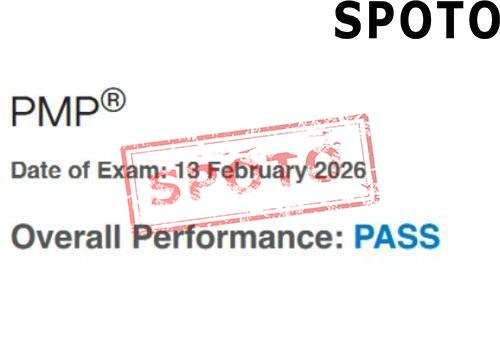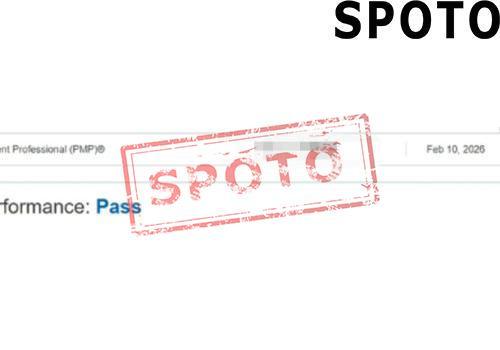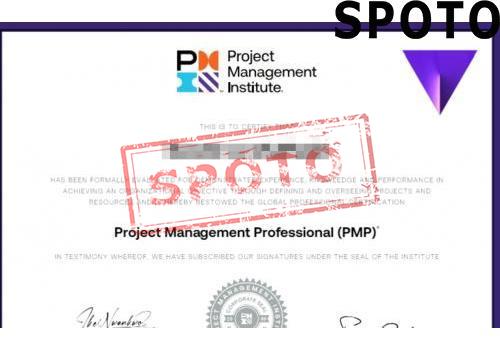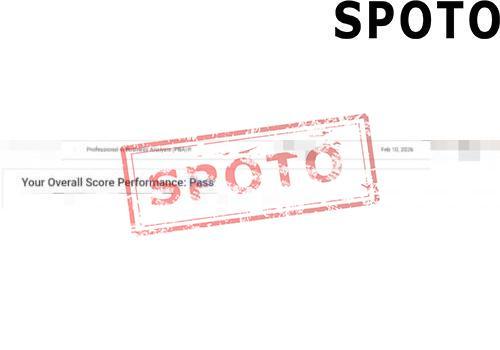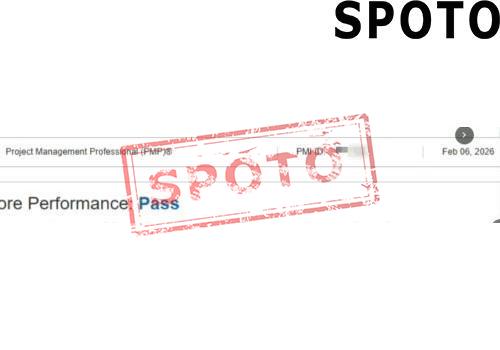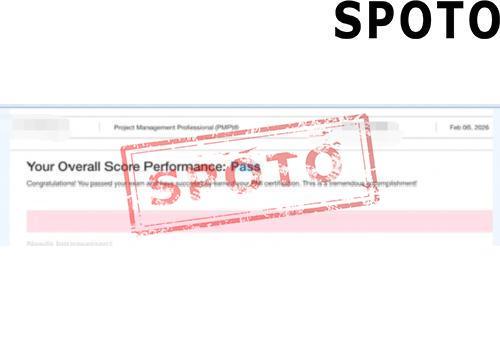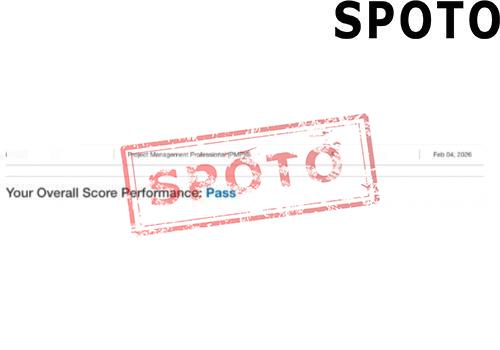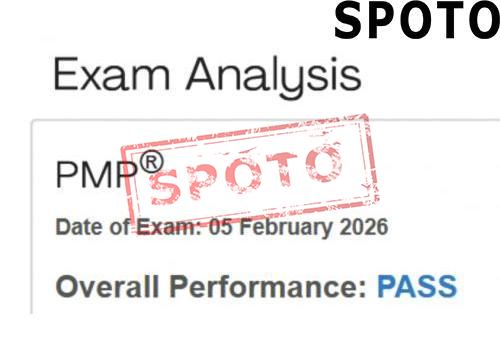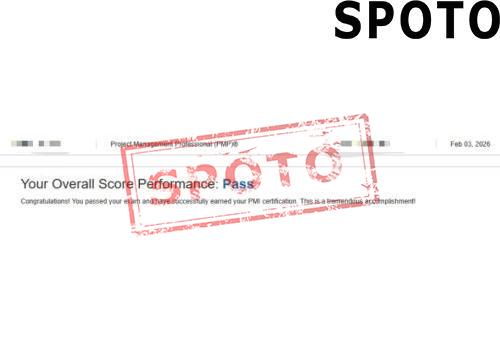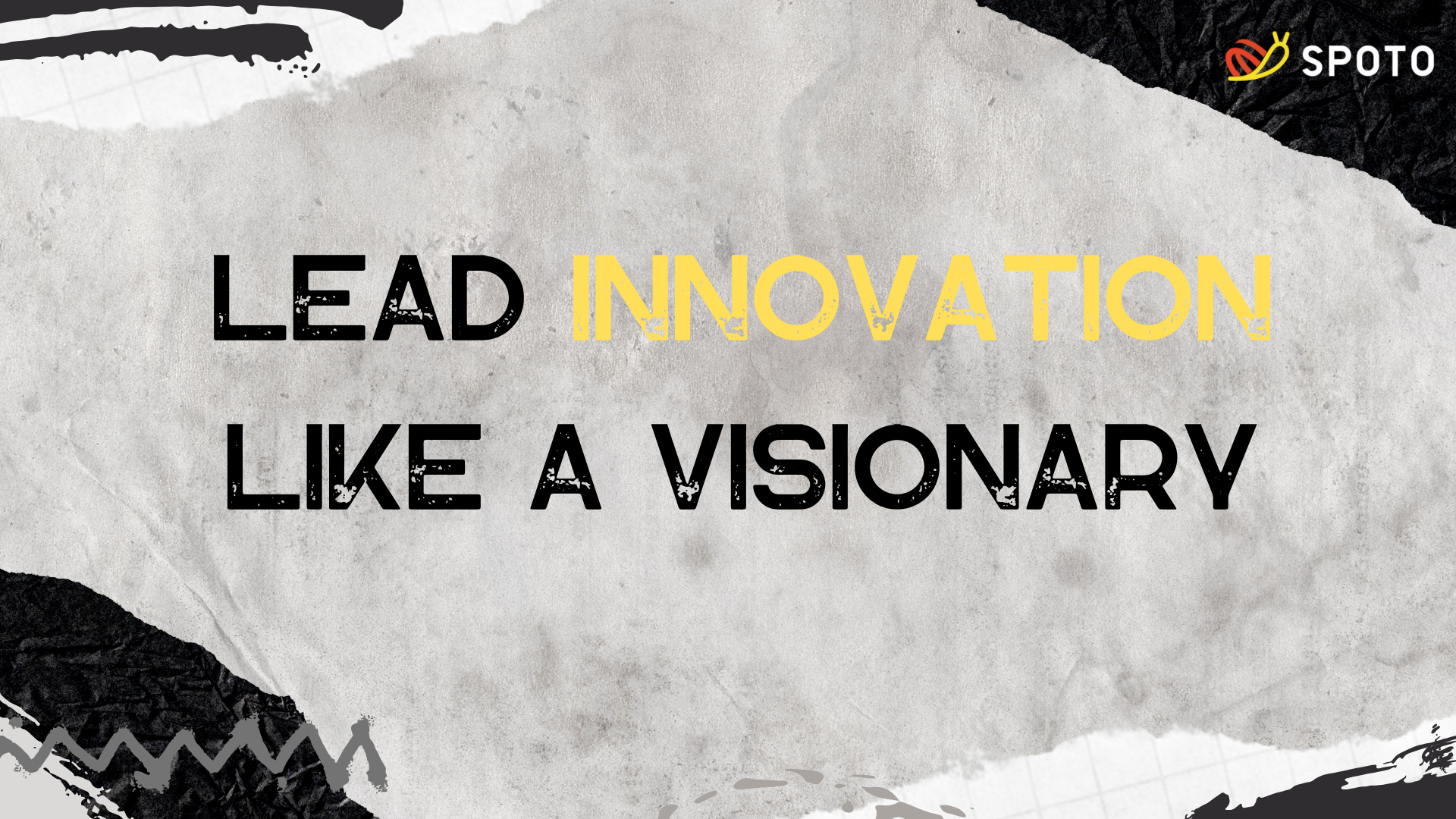
Table of Contents
Quick summary of this article
In today's quickly evolving business landscape, innovation is more than a buzzword—it's a necessity. At the heart of this drive is the Innovation Director, a role steering companies towards groundbreaking success.
This article provides an in-depth look at the role of an Innovation Director, exploring what the position entails, key responsibilities, essential skills, and career paths. It emphasizes why becoming an Innovation Director is an attractive career, including salary prospects, opportunities for growth, and diverse challenges. The article also offers guidance on how to pursue this career and concludes by highlighting the importance of continuous learning.
1. What is an Innovation Director
An Innovation Director is a senior executive responsible for identifying, developing, and implementing new ideas, products, or services that propel a business forward. Think of them as the visionary architects who turn creative concepts into tangible results, ensuring a company stays competitive in the face of technological advancements and market shifts.
Typically, they oversee innovation strategies, coordinate cross-departmental efforts, and foster a culture of continuous improvement. As companies increasingly prioritize agility and disruptive solutions, the role of an Innovation Director has become crucial for long-term success.
2. What does an Innovation Director do?
Responsibilities of an Innovation Director
The core responsibilities of an Innovation Director include
- Developing Innovation Strategies: Crafting comprehensive plans aligned with company goals to explore new markets, products, or processes.
- Identifying Opportunities: Using market research, emerging technologies, and customer insights to find potential areas for innovation.
- Leading Cross-Functional Teams: Collaborating with R&D, marketing, finance, and other departments to translate ideas into viable products or services.
- Managing Innovation Projects: Overseeing the lifecycle of innovation initiatives, from conception to testing and launch.
- Fostering a Creative Culture: Inspiring employees at all levels to contribute ideas and embrace change.
- Monitoring Trends: Staying abreast of industry trends, technological breakthroughs, and competitors' moves to ensure the company remains ahead.
As one progresses in their career, these duties evolve—from hands-on project management to strategic leadership and organizational transformation.
Skills of an Innovation Director
Success in this role demands a blend of skills, including
- Strategic Thinking: The ability to envision long-term possibilities and craft effective pathways.
- Creativity and Curiosity: A keen eye for innovative possibilities and a willingness to challenge the status quo.
- Leadership and Influence: Inspiring teams and aligning stakeholders around a shared vision.
- Technical Knowledge: Familiarity with relevant technologies and industry trends.
- Problem-Solving: Quick, effective decision-making amidst uncertainty.
- Communication Skills: Clearly articulating ideas and building consensus across departments.
Jobs similar to an Innovation Director
- R&D Director
- Innovation Consultant
- Product Innovation Manager
- Product Development Manager
- Business Transformation Leader.
- Business Transformation Manager
3. Why become an Innovation Director?
Choosing a career as an Innovation Director offers many benefits:
Salary Level
High earning potential is a significant draw. As per recent data, Innovation Directors in Hong Kong can earn around HK$94,047 annually, with ample room for bonuses and additional perks as experience grows.
Career Opportunities
The demand for innovation leadership is skyrocketing across industries—tech, finance, healthcare, and manufacturing—offering diverse opportunities worldwide. Advancement often involves moving into executive roles such as Chief Innovation Officer or Chief Strategy Officer.
Diverse Challenges and Opportunities for Growth
No two days are the same. The role involves tackling complex problems, managing cross-cultural teams, and navigating technological disruptions. This diversity fosters continual learning and professional development, keeping careers exciting and dynamic.
4. How do I become an Innovation Director?
The pathway to becoming an Innovation Director typically involves
Educational Background: A bachelor's degree in business, technology, engineering, or related fields; a master's degree (MBA or MS) can be advantageous.
Gaining Relevant Experience: Progressing through roles like product manager, R&D specialist, or business analyst provides a solid foundation.
Building Skills: Developing strategic thinking, leadership, and technical expertise through training.
Networking and Certification: Joining professional groups and earning certifications (e.g., Project Management Professional) enhances credibility.
Demonstrating Track Record: Proven success in leading innovation initiatives boosts your prospects.
5. Conclusion
Becoming an Innovation Director is more than a career choice—it's a chance to influence the future of your industry. With a blend of creativity, strategy, and leadership, this role presents high reward and constant growth opportunities. As markets continue to evolve at breakneck speed, organizations will need innovative leaders ready to steer them through transformation.
If you're eager to accelerate your journey toward this exciting role, investing in relevant education is key. SPOTO provides comprehensive courses designed to sharpen your skills and prepare you for this dynamic career. Embark on your innovation journey today and shape the future you envision!

